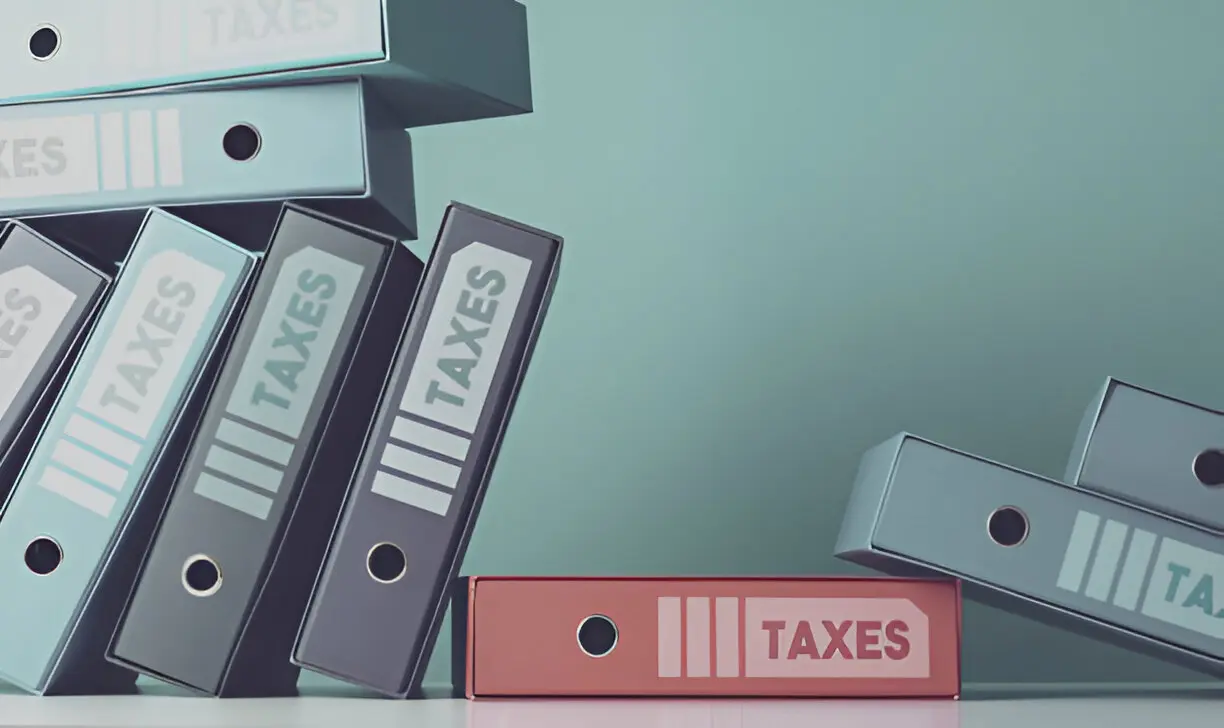Keeping your financial records organized benefits you during tax season. With tidy records, you make tax filing easier and stress-free. Moreover, you often discover tax deductions and credits you might miss otherwise. A CPA in Puyallup, WA, will tell you that having clear and accessible records can lead to significant tax savings. You avoid penalties and interest from late or incorrect filings. Proper records help you respond quickly to IRS inquiries and audits. They also give you a clear snapshot of your financial health, aiding in budget planning and financial goals. You often find yourself more prepared for the unexpected. The key to enjoying these advantages is maintaining a consistent and thorough record-keeping system. Consider using digital tools or apps to simplify storing and accessing documents. By managing your records well, you not only enhance your tax situation but also reinforce your overall financial well-being.
Why Organized Records Matter
Organized records are not just about neatness. They mean you have everything at your fingertips come tax time. You reduce errors, avoid penalties, and file your taxes on time. This preparation can be the difference between a smooth filing experience and a chaotic one.
Maximizing Deductions and Credits
With organized records, you find eligible deductions and credits. You might qualify for education credits, energy-saving home improvements, or charitable donations. Proper documentation supports these claims.
Reducing Stress and Saving Time
When tax season arrives, the stress often feels overwhelming. But with organized records, you ease this burden. You spend less time searching for documents and more time focusing on life. You minimize the risk of missing crucial deadlines.
Responding to IRS Inquiries
IRS inquiries can be daunting. However, with well-kept records, you respond confidently and promptly. You demonstrate compliance by providing needed documentation quickly and accurately. This confidence can prevent further IRS scrutiny.
The Power of Digital Tools
Digital tools streamline record-keeping. Apps and software help you manage receipts, invoices, and other financial documents. You secure everything in one place, accessible at any time. This access simplifies the tax filing process significantly.
A Clear Financial Picture
Organized records give you a comprehensive view of your finances. You track income and expenses, providing insight into spending habits and financial health. With this information, you plan better and set realistic financial goals.
Comparison Table: Digital vs. Paper Records
| Aspect | Digital Records | Paper Records |
|---|---|---|
| Accessibility | Accessible anytime, anywhere | Limited to physical access |
| Space Requirement | Minimal, cloud storage | Requires physical storage space |
| Security | Secure with encryption | Vulnerable to damage/loss |
| Environment Impact | Eco-friendly | Involves paper usage |
Start Today
Begin organizing your financial records today. You will thank yourself next tax season. Set aside time weekly for record-keeping. Use digital tools to ease this process. Make it a routine to review and update your records regularly. This habit pays off in peace of mind and potential tax savings.
Valuable Resources
For more guidance, visit the IRS Recordkeeping page. It offers advice on what to keep and how long. The Consumer Financial Protection Bureau also provides resources for managing finances effectively. Utilizing these resources can help you organize and secure your financial future.
Also Read-The Latest Advances In General Dentistry Technology And Techniques

